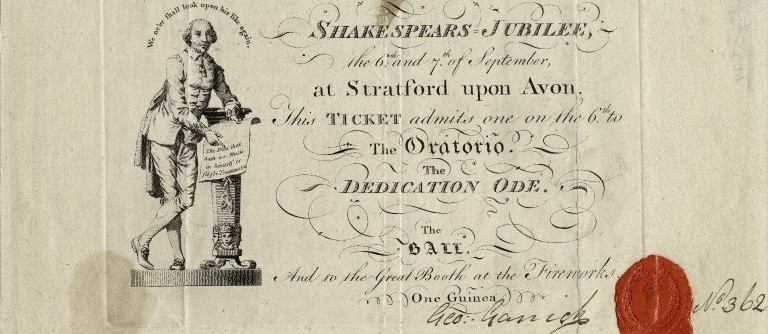This project statement, Can 20 Million+ documents change the First World War?, offers an engaging introduction to Muninn, an interdisciplinary project which aims to reshape our understanding of the experience and cultural legacy of the First World War through data-mining and digital humanities methodologies.
One hundred years after the outbreak of the conflict, digital humanities and data-mining are in a position to significantly enhance the study of the First World War and to shape the future of this field. In a sense, new scholarly initiatives like Muninn may be seen as a continuation of scholarly enterprises that originated in the 1960s and 1970s with the emergence of a new type of quantitative history supported by advances in computing. Military records – personal services files in particular – were mobilized to illuminate the social composition and anthropological experience of combat between 1914 and 1918 (see Jules Maurin’s work for instance).
Since then, however, the historiography of the war has largely neglected if not wholly abandoned these perspectives. The gradual but undeniable decline of quantitative history and the increasing dominance of cultural history combined, as in other fields of historical research, to consign the analysis of large data-sets to the margins of the historiography. Indeed, one cannot help being struck by the fact that most interpretative debates and controversies pertaining to the First World War continue to mobilize and hinge on a small number of individual testimonies and corpora of limited size.[More]
